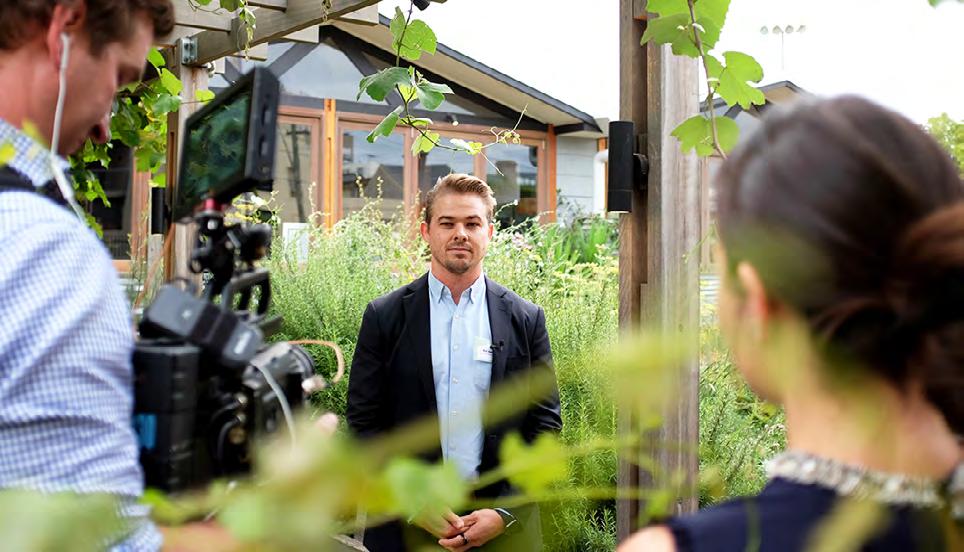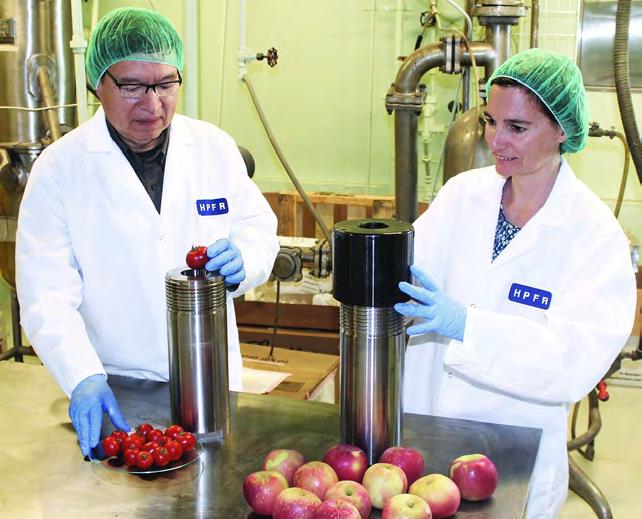FEATURE
Connections between good nutrition and education outcomes for children Words by Carla Bourgy and Dr Roslyn Giglia
T
he UNICEF State of the World’s Children Report has been published annually since 1980, and in the most recent report, food and children’s growth was the focus.1 According to UNICEF’s Executive Director, Henrietta Fore: “Good nutrition paves the way for a fair chance in life”. In Australia, we can work to provide all our children with a fair chance through access to good nutrition, so they too can have a fair go at becoming great Australians. A child’s academic achievement influences their occupational
36 food australia
opportunities, consequently contributing to their future health, wellbeing and success. The significance of academic achievement has caught the interest of researchers who seek to investigate what influences a child’s academic achievement, and how to improve it. One determinant for consideration is childhood nutrition. It is undisputed that good nutrition is essential for optimal brain growth and cognitive development. But what is also of interest is how good nutrition practices and habits throughout
childhood actively contribute to the academic success of a child. The concept of the first 1000 days2 outlines the importance of the period from the moment of conception until a child’s second birthday, in affecting their ability to attain optimal academic outcomes. Ensuring that both mother and child are well nourished throughout pregnancy will ensure a trajectory for growth and developmental success. Once born and until six months of age, breastmilk alone delivers the complete and proportionate

















